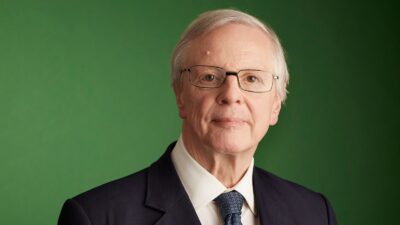-
Sort By
-
Newest
-
Newest
-
Oldest
The end of decades of stable market conditions is a matter of ‘when’, not ‘if’, according to Ruffer. But there are two flies in the Fed’s ointment that will make it ineffective for soothing conditions.
The NZ Superannuation Fund has made half-a-dozen fresh investments over the previous few months across an eclectic range of strategies including US timber, a quant trend-follower and a life science specialist.
The Land of the Rising Sun has had more than its fair share of false dawns since its economic bubble burst in 1989, but now there is a growing expectation among some analysts that the current share market rally is sustainable in the long term.
The famous and closely watched US endowment model took a hit in FY23, with smaller, equity-heavy investors taking the lead. But the longer-term superiority of a chunkier exposure to alternatives remains unchallenged.
Australia’s private debt space might be booming, but a large number of new and established managers are operating in an increasingly crowded space according to Causeway Financial.
Systemic risk in the superannuation system likely doesn’t stem from funds themselves, but from their service provider relationships. Regulators need to be thinking harder about where and how it arises – something they’re not necessarily well set up to do.
Big asset owners and managers are embracing the private markets as one avenue for growth, but the complexity that brings to portfolios means they also need to get a better view of what might be decades of siloed information.
Private markets could be almost on par with listed assets in institutional investor portfolios before the end of this decade, according to a new State Street study.
Surging equity markets have driven the Future Fund’s return higher, but its prediction that inflation will be stickier than expected has been born out and it “remains conscious of the potential for significant deterioration”.
Good investing requires real sacrifices, according to Oaktree’s Howard Marks, but you can’t expect to be compensated just for making them.
Australian super funds roundly beat their global peers on investment costs due to a combination of hardball negotiations around fees and savvy implementation in pricier asset classes.
Numbers might give you some comfort but they don’t tell the whole story, according to CFS. To get that, you have to dig a little deeper – and take a lot of meetings.
















